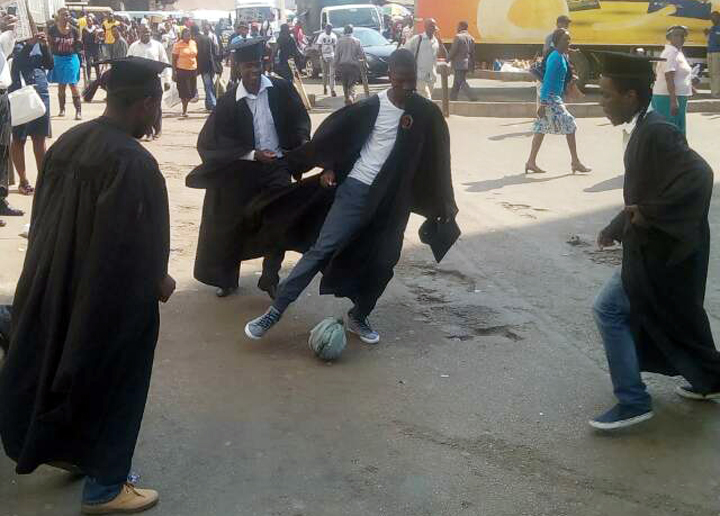Zimbabwe will hold fresh elections at the end of July this year, a sign that, following decades of rule under autocratic leader Robert Mugabe, the southern African nation is on the path towards democracy.
But are the country’s young people ready to get involved in politics?
The signs elsewhere on the continent aren’t hopeful. Given Africa’s youth bulge, in which 39.5% of the continent’s population is aged between 18 and 45, it wouldn’t be unreasonable to expect the majority of voters would be young people. But this is not the case.
For the most part, young people are apathetic when it comes to elections. While they’re the most affected by democratic processes, they appear to be the least interested in them.
For example in Nigeria’s 2011 polls, only 52.6% of young people voted while in South Africa’s 2014 national elections, apathy was the reason for a registration level of just 33% for 18 and 19 year olds.
This phenomenon isn’t unique to Africa. Across the world young voters are failing to turn up at the polls. Levels of youth participation are very low in the UK and Ireland and most of the southern European states like Italy, Greece and Portugal.
In my recent study, I set out to explore the level of youth participation (as candidates, voters and activists) in Zimbabwe’s elections and governance processes, what restricts their participation and what can be done to support them. I defined youth as people aged between 15 and 35.
My evidence showed that their participation is low, hampered by restrictive political parties and a lack of three things – interest, information and funds.
To change this, there needs to be an effort to create political, structural and physical spaces that allow for their meaningful participation.
This could, for example, include allocating quotas to young people and prioritising youth empowerment. South Africa’s two main opposition parties have done this well – young people lead the Democratic Alliance as well as the Economic Freedom Fighters.
A third of the young people I interviewed said that they hadn’t taken part in activities such as rallies, council meetings and meetings within communities. A quarter of them said they didn’t participate often while only a fifth said they did so extremely often.
Political parties were cited as the main reason (67%) that prevented meaningful youth participation. For example, only 17% believed that political parties were creating spaces and making an effort to level the playing field so that they could participate in elections.
Continued next page
(561 VIEWS)







0 Comments